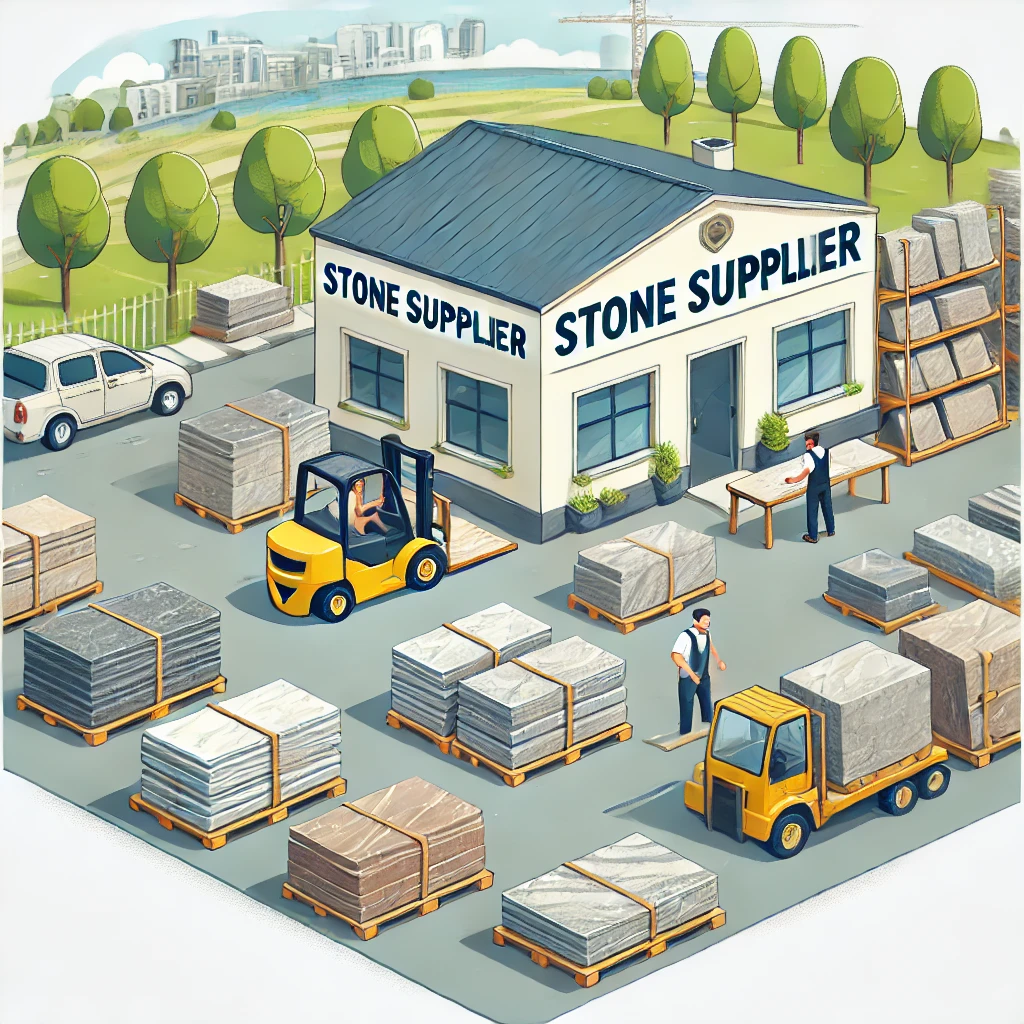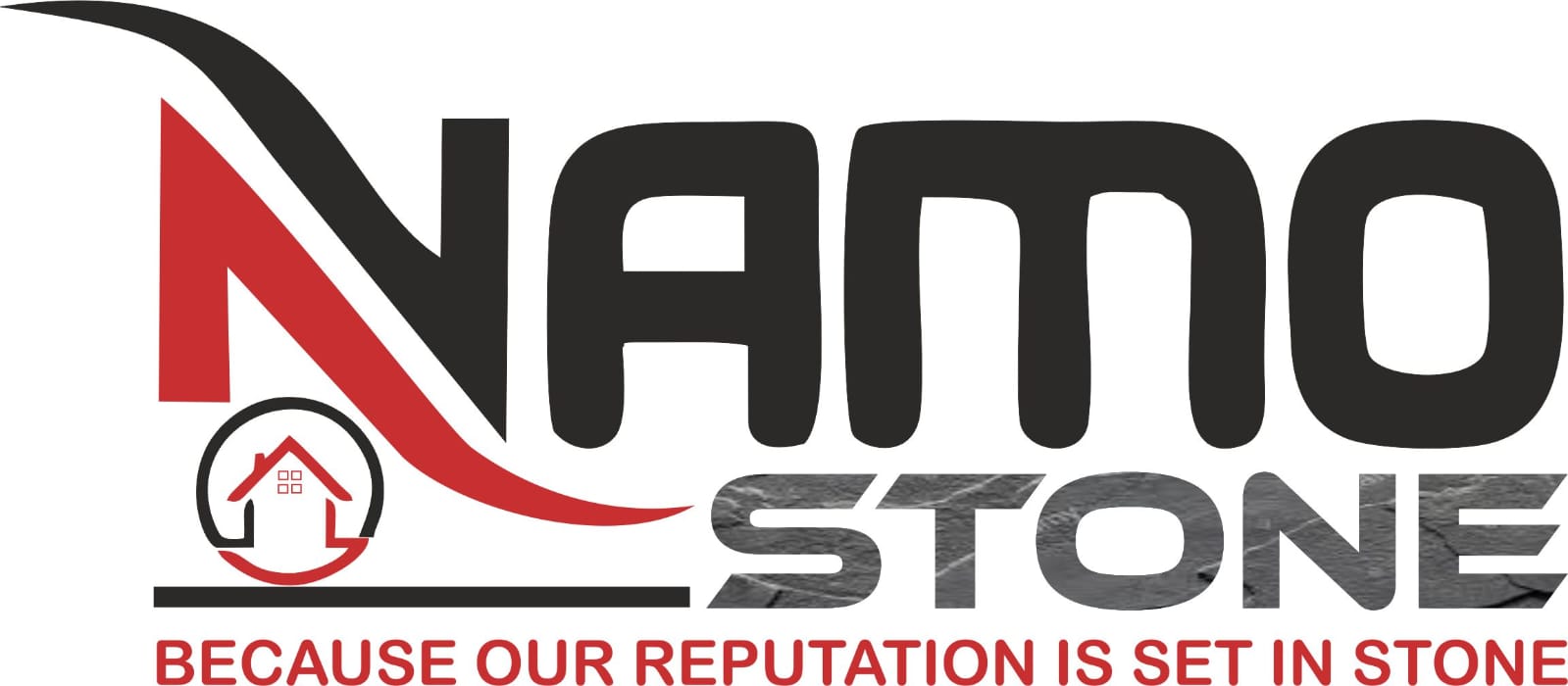Indian White Granite has emerged as one of the most popular choices in architectural designs,…

Stone Supplier Certifications: What They Mean
When sourcing stones for construction, decoration, or landscaping projects, certifications play a pivotal role in evaluating the quality and reliability of stone suppliers. Understanding these certifications ensures that you receive premium-quality stones and contribute to ethical and sustainable practices. This comprehensive guide will explore stone supplier certifications, their importance, and how to choose certified stone suppliers for your needs.
Table of Contents
- What Are Stone Supplier Certifications?
- Why Are Certifications Important?
- Common Stone Supplier Certifications Explained
- How Certifications Benefit Buyers and Suppliers
- Key Questions to Ask Your Stone Supplier
- Pro Tips for Choosing a Certified Stone Supplier
- Fun Facts About the Stone Industry
- Certification Compliance and Government Standards
- The Role of Sustainability in Stone Certification
- FAQs About Stone Supplier Certifications
What Are Stone Supplier Certifications?
Stone supplier certifications are formal accreditations or endorsements provided by recognized organizations, government bodies, or industry associations. These certifications verify that the supplier meets specific quality, ethical, and sustainability standards.
Certified suppliers often adhere to strict guidelines concerning stone extraction, processing, and distribution, ensuring a superior product for buyers.
Why Are Certifications Important?
Certifications add a layer of trust and transparency to the stone supply chain. Here’s why they matter:
- Quality Assurance: Certified suppliers guarantee consistent stone quality.
- Ethical Practices: Certifications promote fair labor practices and ethical sourcing.
- Sustainability: Accredited suppliers often follow eco-friendly extraction and production methods.
- Compliance with Laws: Certifications ensure adherence to legal standards.
- Customer Satisfaction: Buyers can trust the product’s origin and authenticity.

Common Stone Supplier Certifications Explained
Below are some globally recognized certifications and standards for stone suppliers:
| Certification | Description | Purpose |
| ISO 9001 | Quality management certification, ensuring efficient processes and product quality. | Quality Assurance |
| ISO 14001 | Focuses on environmental management, promoting eco-friendly practices. | Sustainability |
| CE Marking | Required in the EU for stones used in construction to ensure compliance with safety standards. | Legal Compliance |
| ASTM Standards | Defines the technical properties of stone materials, such as durability and strength. | Technical Standards |
| Ethical Stone Register | Promotes ethical sourcing, ensuring no exploitation in the supply chain. | Ethical Sourcing |
| LEED Certification | Recognizes eco-friendly stone suppliers contributing to sustainable buildings. | Green Building Projects |
| REXC Certification | Certifies natural stone recyclers for their contribution to sustainable construction. | Sustainability |
For detailed government compliance standards, refer to Geological Survey of India (GSI) for stone-related guidelines.
How Certifications Benefit Buyers and Suppliers
For Buyers:
- Assurance of Authenticity: Certifications confirm that the stones are genuine and of high quality.
- Enhanced Trust: Buyers are confident they are sourcing from a reliable supplier.
- Reduced Risks: Certified suppliers minimize the risks of receiving substandard or illegally sourced stones.
For Suppliers:
- Market Advantage: Certifications enhance credibility and attract more clients.
- Compliance with Laws: They ensure the supplier is compliant with government regulations.
- Improved Reputation: Certified suppliers build long-term trust with buyers.
Key Questions to Ask Your Stone Supplier
When selecting a stone supplier, ensure you ask these essential questions:
- Is your company certified?
- Which certifications does your company hold?
- Can you provide documentation of the certifications?
- How do you ensure the ethical sourcing of stones?
- Do you comply with local and international quality standards?
Pro Tips for Choosing a Certified Stone Supplier
- Research Thoroughly: Look for suppliers with certifications listed on their websites, such as Namo Stone.
- Check Certification Validity: Confirm the certification’s authenticity by cross-verifying with the issuing body.
- Visit the Supplier: A site visit can help you assess their processes and practices.
- Prioritize Sustainability: Choose suppliers with eco-friendly certifications like ISO 14001 or LEED.
- Ask for References: Talk to previous clients for feedback on the supplier’s reliability.
Fun Facts About the Stone Industry
- The Great Pyramid of Giza was constructed using approximately 2.3 million limestone blocks, showcasing the ancient use of high-quality stone.
- India is one of the largest exporters of natural stone, with Rajasthan accounting for 90% of marble production.
- Some stones, like granite, can withstand temperatures of 1,200 degrees Fahrenheit, making them incredibly durable.
Certification Compliance and Government Standards
Government standards and certifications ensure legal and ethical practices in the stone supply chain. In India, organizations like the Bureau of Indian Standards (BIS) and the Geological Survey of India (GSI) play a key role in setting stone quality standards.
For international projects, refer to government-backed resources like the US Environmental Protection Agency (EPA) for sustainability guidelines in stone sourcing.
The Role of Sustainability in Stone Certification
Sustainability is increasingly becoming a key focus in the stone industry. Certifications like ISO 14001 and Ethical Stone Register encourage suppliers to adopt eco-friendly practices, such as:
- Reducing Carbon Emissions: Using renewable energy sources in manufacturing.
- Minimizing Waste: Recycling stone byproducts.
- Water Conservation: Implementing water recycling systems during processing.
FAQs About Stone Supplier Certifications
Q1: What certifications should I look for in a stone supplier?
A: Look for ISO 9001, ISO 14001, LEED Certification, and Ethical Stone Register for quality, sustainability, and ethical sourcing.
Q2: Are certifications necessary for small-scale suppliers?
A: While not mandatory, certifications enhance credibility and can be a deciding factor for clients.
Q3: Can uncertified suppliers provide quality stones?
A: They can, but certifications ensure that the quality meets recognized standards and promotes ethical practices.
Q4: Where can I verify a supplier’s certifications?
A: Check the certification body’s website or request documentation from the supplier.
Q5: How does certification impact the cost of stones?
A: Certified stones may cost more due to the stringent processes involved but offer better long-term value.
Internal Linking
If you’re looking for reliable and certified stone suppliers, visit Namo Stone. Namo Stone ensures quality, sustainability, and ethical sourcing in every product.
Conclusion
Stone supplier certifications are more than just labels—they signify quality, reliability, and sustainability. Whether you’re constructing a building or working on landscaping, choosing a certified stone supplier ensures that your project meets the highest standards. Remember to prioritize certifications, ask the right questions, and support suppliers that follow ethical and eco-friendly practices.
For further guidance, explore government-backed resources like the Geological Survey of India (GSI) or browse through trusted suppliers like Namo Stone.
By choosing certified suppliers, you contribute to a sustainable future while ensuring the success of your project.




This Post Has 0 Comments